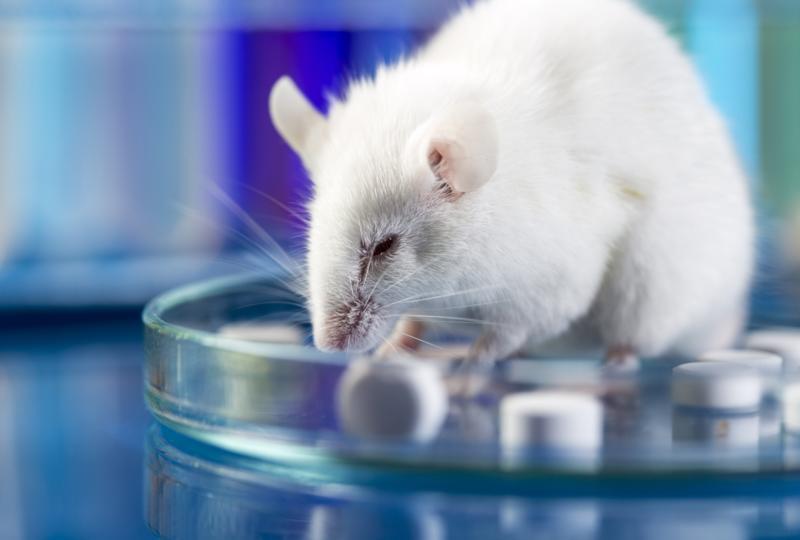Can Probiotics Help Reduce Kidney Inflammation in Lupus Patients?
What did the study involve?
The group of females who bore the highest risk for lupus had a noticeable depletion of the benign bacteria, lactobacilli. In other words, their levels of the good bacteria were lower compared to the healthy group. The lupus-prone group also showed an increase in Lachnospiracae, which are microbes found in the mouth, esophagus, and intestines. This discovery was quite important since the lack of balance between the two types of microbes were closely linked with the onset of lupus nephritis or with a decline in the subject’s condition.
With that discovery in mind, the subjects who developed lupus and whose conditions were worsening, were given supplemental probiotic lactobacilli (five different strains, to be exact) and retinoic acid, which is a derivative of Vitamin A and often included in the treatment of cancer of the lung, brain, skin, lymphatic tissue, and kidney. The results that followed came as a highly anticipated surprise.
